There are some common side effects of cancer and its treatment. If you get side effects, there are ways you can manage them.
What are side effects?
The side effects of cancer treatment are outcomes that are secondary to the intended purpose of the treatment.
The following are some common side effects of cancer treatment.
Bowel problems
Bowel problems after treatment, like incontinence, constipation, or flatulence, can be frustrating and embarrassing, but you can do things to improve them.

Breathlessness
Breathlessness is the feeling of finding breathing hard or being short of breath. Breathlessness is a common symptom of some cancers, such as lung cancer.
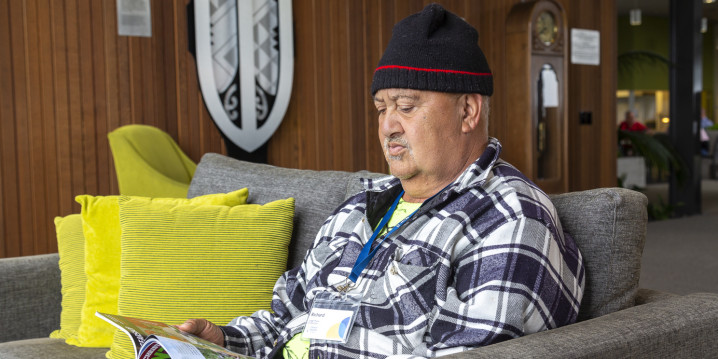
Early menopause and cancer
Menopause is the end of the monthly menstrual period. Early menopause, temporary or permanent, can be a side effect of cancer treatment.
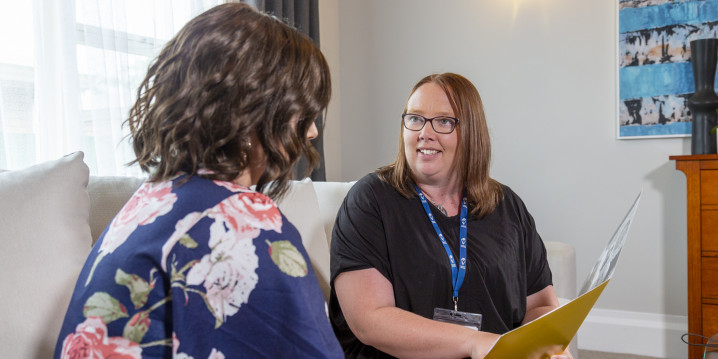
Feeling sick
Some cancers and cancer treatments can cause a range of side effects, like feeling sick (nausea), vomiting, fever and infections.
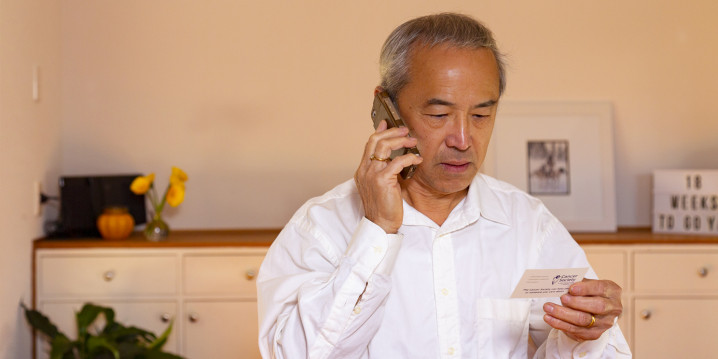
Hair loss
Some people don’t lose their hair during cancer treatment. Other people find that their hair becomes thin and dry. But some people will lose all the hair from their head and body.
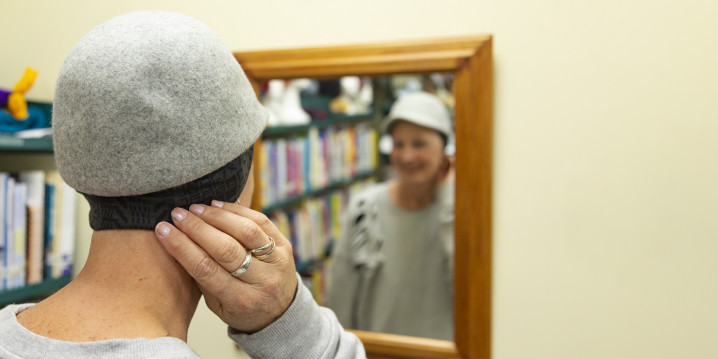
Incontinence
Incontinence means you have trouble controlling when and how you pee (urinate) and poo (pass a bowel motion).
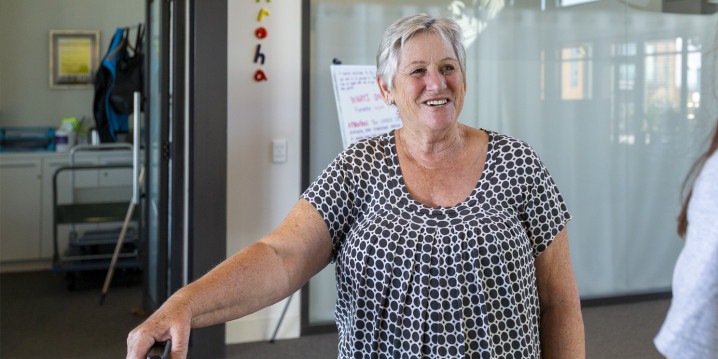
Lymphoedema
Lymphoedema is the swelling of a part of the body when the lymphatic system is not working properly.
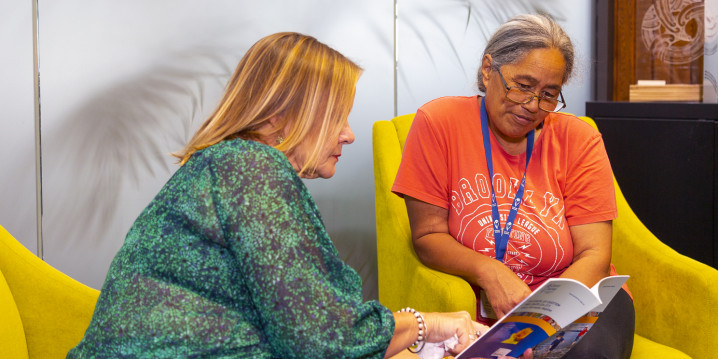
Mouth and eating problems
Problems with your mouth, taste and eating can impact your daily life and enjoyment of food.

Pain
Not everyone with cancer will have pain, but many do. If pain is not well-managed it can affect your ability to work, enjoy normal activities, and relate to family and friends.
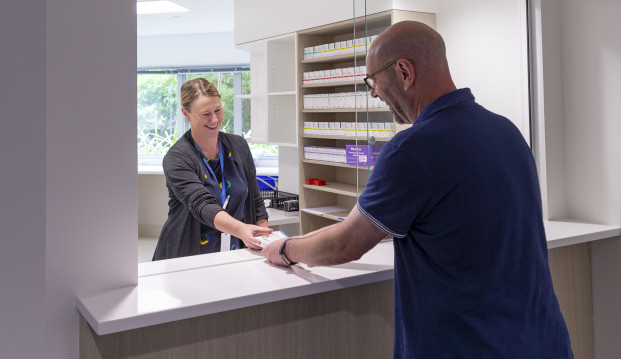
Sleeping problems
If you are having trouble sleeping, there are things you can do that may help improve your sleep.
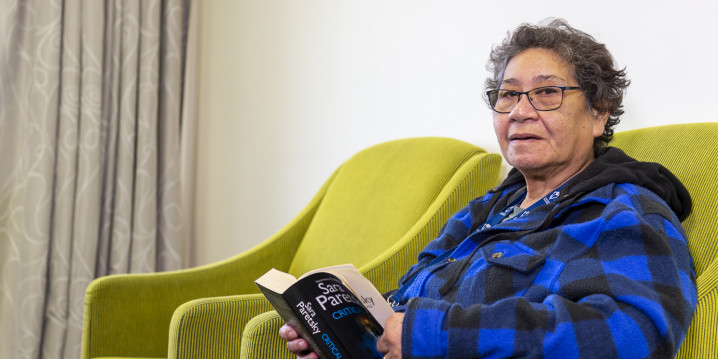
Tiredness and fatigue
Fatigue is one of the most common side effects of cancer and its treatment.


Learning more about the treatments you've been offered can help you prepare.

Cancer can impact not only your health but your lifestyle and relationships.

We are here to help and support you and your whānau through cancer diagnosis, treatment and recovery…

There may be support and benefits available to get you through your treatment.
We know that going through cancer is tough and can raise many questions. You are not alone.
We have health professionals to answer your questions and provide the support you need.
Get in touch
